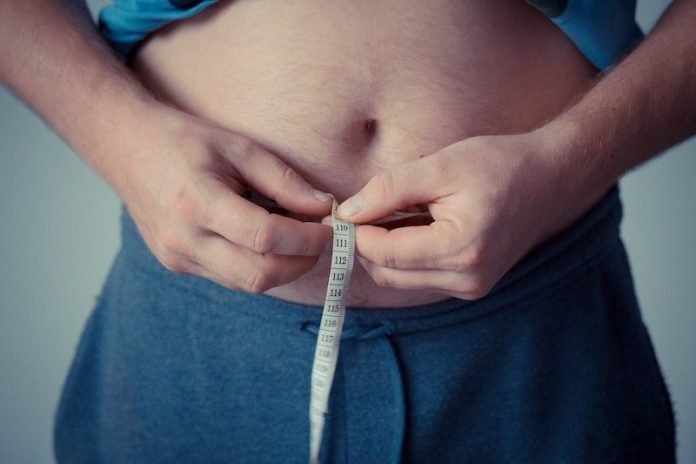
In a new study, researchers found a clear link between obesity and the severity of COVID-19 disease.
They reported French data from the earlier part of the epidemic that rapidly revealed that patients with obesity were facing more serious disease and higher mortality risk than patients without obesity.
They also found areas of France with a higher prevalence of obesity appeared to take longer to release their lockdown restrictions (because the virus was still circulating more in those areas).
The research was conducted by a team at the University of Lille and elsewhere.
At the beginning of April, both general and intensive care admissions for COVID-19 began to rise sharply in Lille University Hospital, and across France and other European countries.
The analysis included 124 intensive care unit (ICU) admissions with COVID-19 and compared them with 306 patients who had been in ICU for other reasons, without COVID-19.
The data showed that among ICU patients with COVID-19, around half had obesity (BMI above 30), with a quarter having severe obesity (BMI of 35 or above).
Most of the remaining patients (around 40%) were overweight, with only around 10% of patients in the healthy weight range (BMI 25 or under).
Among the non-COVID-19 ICU patients, the story was very different: a quarter had obesity or severe obesity; a further quarter was overweight, and around half fell into the healthy weight range.
A similar trend emerged regarding which ICU patients with COVID-19 had to be put on ventilators.
Of the 89 requiring mechanical ventilation, more than half had obesity or severe obesity, while most of the other patients were overweight.
Patients with a BMI in the healthy range of 25 and under made up less than 10% of patients needing a ventilator.
Among the 35 patients in ICU who did not deteriorate to the point of needing mechanical ventilation, a much lower proportion had obesity or serious obesity (less than 25%), while around half fell into the overweight category, and the other quarter the normal weight range.
Looking specifically at the individual BMI groups, the team found almost all patients COVID-19 ICU patients with severe obesity (87%) needed a ventilator, dropping to 75% for ‘regular’ obesity (BMI 30-35), 60% for patients in the overweight category, and 47% for those in the healthy BMI range.
The team says several months into the COVID-19 pandemic, the increased risk posed by this virus to people living with obesity could not be clearer.
The data show that the chances of increasing to more severe disease increase with BMI, to the point where almost all intensive care COVID-19 patients with severe obesity will end up on a ventilator.
One author of the study is François Pattou, Professor of Surgery.
The study was presented at the European and International Congress on Obesity (ECOICO 2020).
Copyright © 2020 Knowridge Science Report. All rights reserved.



